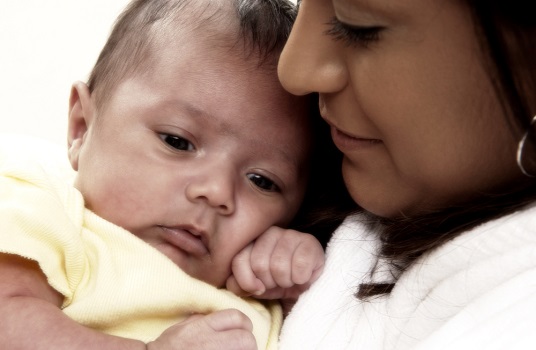During the Christmas season, we hear the story of a pregnant woman who couldn’t find room at an inn and eventually gave birth in a barn. Housing for pregnant women and those with children has been a problem for quite a while.
A Pregnant and Parenting Ratings Project — developed by Students for Life of America’s Pregnant on Campus program to study college and university campuses — found that housing is one of five areas that affects students’ ability to stay in school. Addressing obstacles to educational success for these students is of vital importance to strengthen access to a college degree, one of society’s best protections against poverty.
A Pew Charitable Trust study reported that 47 percent of people who do not achieve a college degree stay at the same economic level for life, while almost nine out of ten people who earn a degree achieve upward mobility. Yet few college and universities focus on the needs of those who are pregnant and parenting, which is now about one in five college students.
With more than 1,200 groups on college and university campuses, SFLA understands the challenges facing these students. SFLA’s Pregnant on Campus team developed a template for evaluating schools looking at five key issues: Title IX compliance, housing access, on-campus resources, financial assistance, and medical attention. A beta test of the program in Chicago took eight months and looked at 19 colleges and universities. With the template in place, we will soon apply the grading system in Dallas as well as Orange County, Calif., and make the information available to SFLA student leaders to evaluate schools across the country.
Results reveal neglect of the needs of pregnant and parenting students, with two-year schools performing much worse than four-year colleges and universities, despite the fact that many parenting students are at community colleges. Student parents represent 26 percent of the student body at public two-year institutions. Unfortunately, as the number of student parents increases on these campuses, the available resources often decrease.
Overall, only 5 percent of schools in Chicago had parking for expectant mothers; 14 percent of schools didn’t allow pregnant students to remain in their dorms (a Title IX violation); and only 21 percent of schools provide child care for infants. All schools struggled in the area of financial assistance, with only 5 percent of schools offering grants to pregnant and parenting students and only 42 percent offering scholarships.
The ratings project found that 95 percent of all schools provided a lactation room on campuses and looked at other common service needs, such as family housing (if applicable), diaper-changing tables in a majority of men’s and women’s restrooms, and the availability of STD/STI testing at the campus health center compared to pregnancy testing.
SUPPORT LIFENEWS! If you like this pro-life article, please help LifeNews.com with a donation!
Access to child care on campuses, which is often already made available to teaching staff and administration employees, is especially vital for new mothers, who disproportionately bear the brunt of balancing school and family, as women make up 71 percent of all student parents. We found that only 58 percent of schools offered some form of child care to students, though most did not include infant care.
Schools interested in student retention would make child care a priority. A 2013 study at Monroe Community College found that parents who used the campus’s child care were three times more likely to graduate or go on to pursue a bachelor’s degree within three years of enrollment compared with parents who did not.
Following the evaluation, we sent our findings to college Student Activities Directors, Title IX Coordinators, Housing Directors, and Financial Aid offices, with suggestions for how they could improve campus access, as well as praise for existing policies that were working.
Some schools responded immediately and compassionately. Saint Xavier University set up a committee to review the ideas presented, and students are now working to create a child-care center on campus. Roosevelt University, the University of Illinois at Chicago, and Chicago State University also reached out to partner on proactive policies.
“We want to work with school officials to make campuses a welcoming place for those trying to earn an education to help themselves and their families,” Pregnant on Campus director Camille Cisneros says.
Advocating non-violent alternatives to abortion on U.S. campuses includes asking schools to make room for everyone, including mothers with children in and out of utero. Colleges and universities can ease the suffering and poverty of young families by offering greater support for pregnant and parenting students.








